A £1.6 million wireless charging trial, led by Flexible Power Systems (FPS) in partnership with the City of Edinburgh Council and Heriot-Watt University, starts today (Thursday, August 26).
The project involves four modified Vauxhall vans fitted with a slim charging pad on the underside, which can be parked above electric pads with no need to plug in.
Funding for the trial is being provided by the UK Government’s Office for Low-Emission Vehicles through its innovation agency Innovate UK.
FPS managing director Michael Ayres said: “Wireless changing could offer fleets efficiencies in terms of number of chargers needed, time required for charging and space in depots, all barriers to electrification. In the future, driverless vans could even be used, as no one is needed to plug in charging cables.”
Heriot-Watt University has been working with industry representatives from LogisticsUK and the Society of Motor Manufacturers and Traders (SMMT) to ensure its research in this project has real-world application and relevance.
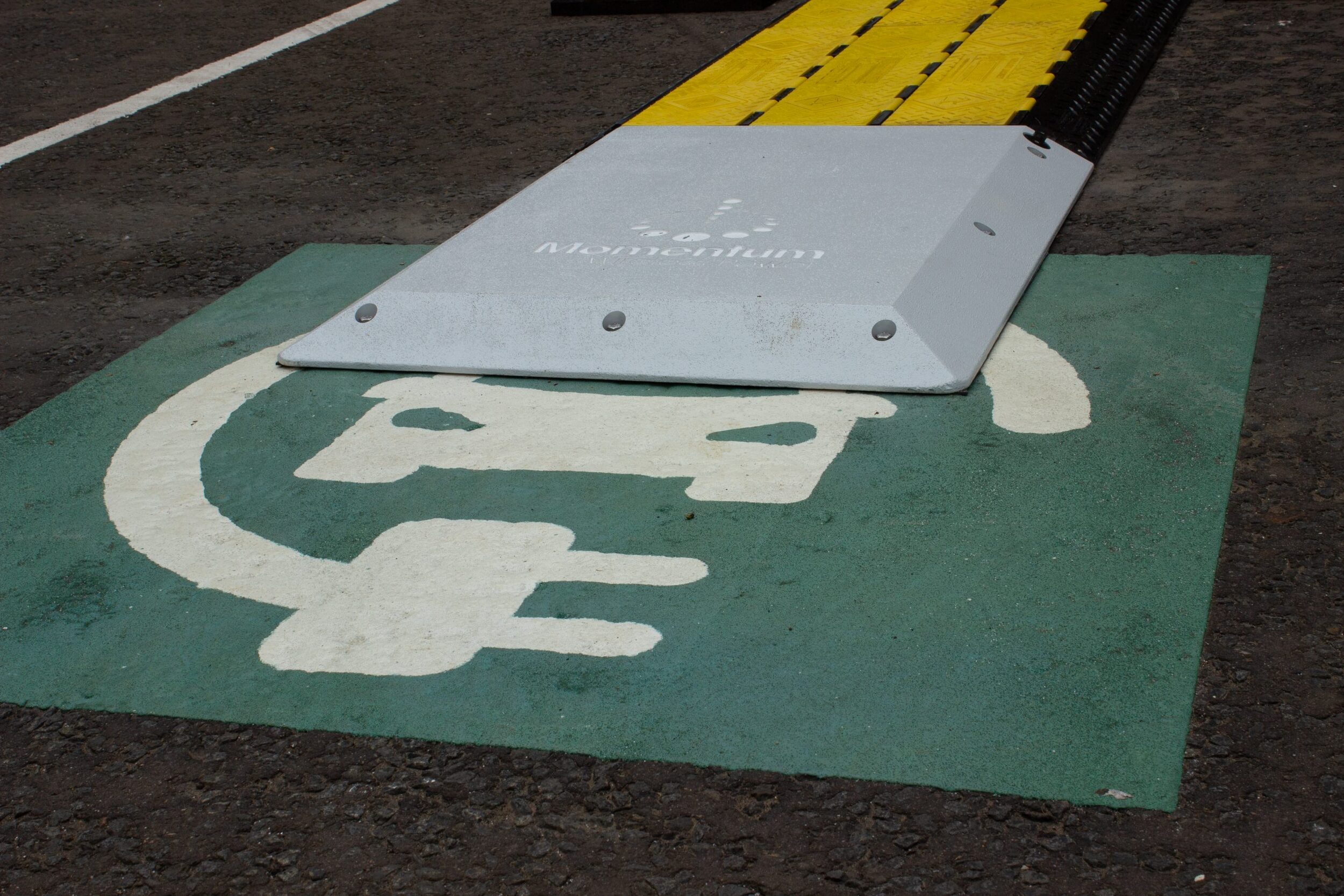
Professor Phil Greening is deputy director of the Centre for Sustainable Road Freight, a joint initiative between Heriot-Watt University and Cambridge University.
He says wireless charging is a cornerstone technology and an essential requirement if commercial vehicles are to transport goods autonomously in the future.
He explained: “There are enormous challenges for us to overcome if we are to see autonomous commercial vehicles on our roads.
“Our role for around the past three years, has been to explore future scenarios assisted by advanced computer modelling in order to determine the benefits of wireless charging and find solutions to these challenges.
“While shared infrastructure and collaboration have great potential to reduce the costs of decarbonising last-mile logistics, there are complex scheduling and commercial trade-offs to be considered.
“Our research will help accelerate the decarbonisation of last mile deliveries and crucially reduce the cost of those operations.”
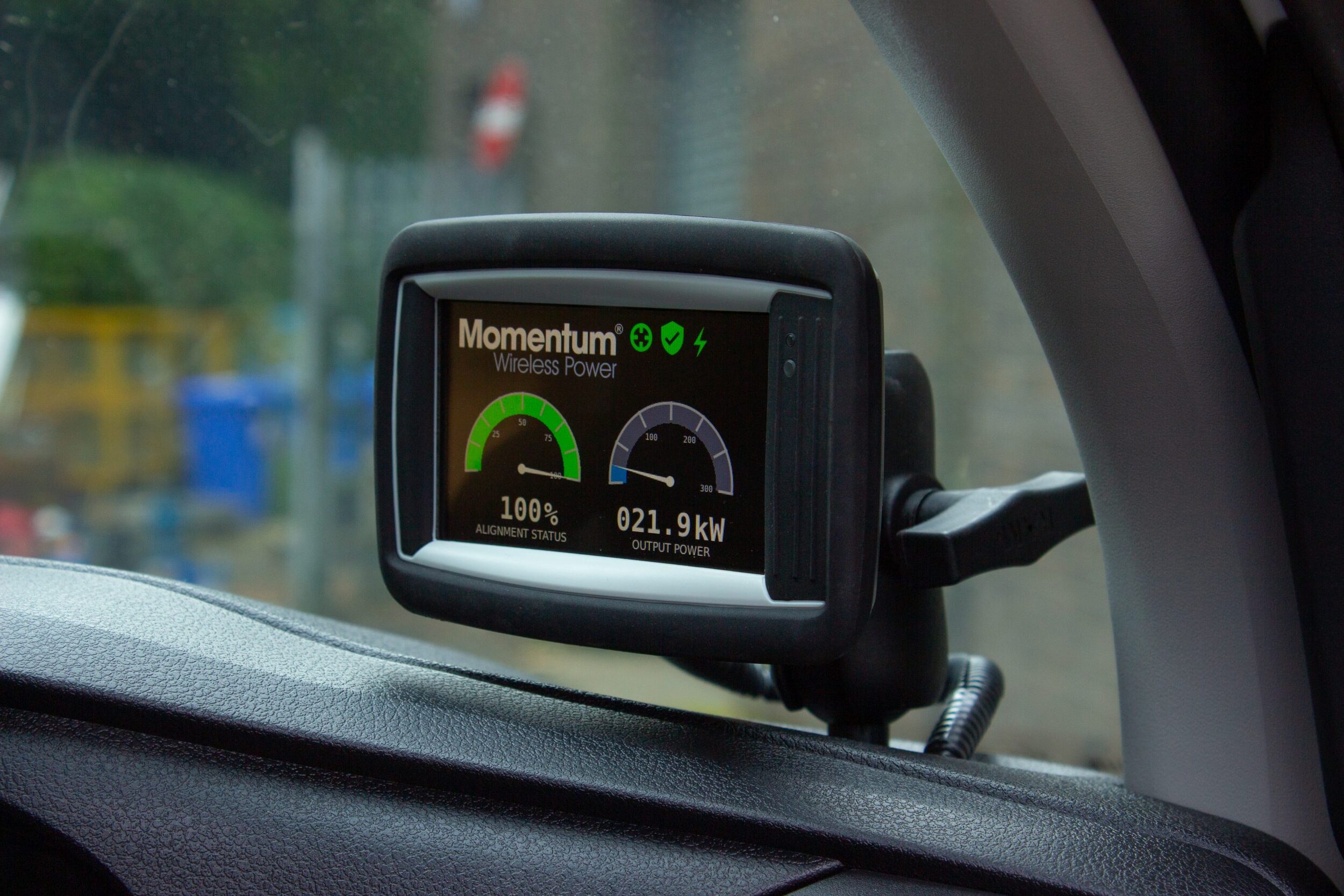
City of Edinburgh Councillor Karen Doran, transport and environment vice convener, says that its commitment to supporting cleaner, more sustainable transport in the capital, both as part of its City Mobility Plan and its ambition to become carbon neutral by 2030, starts with its own fleet.
“Advances such as this will help us achieve our goals,” she explained. “By working with Flexible Power Systems and Heriot-Watt University we’ll be able to explore how new technology can support the introduction of more electric vehicles to our fleet, as well as in other, commercial organisations.
"It’s these kinds of innovations, along with our own plans for electric vehicle charging across the city, that will be crucial to our move to zero emission transport.”
Council fleet manager Scott Millar added: “We already use electric vehicles across our fleet and providing charging infrastructure like shared hubs is an important next step to ensure both the council and the community feel confident about the cost, reliability and range of electric vehicles.
"All councils are looking at ways to reduce transport emissions in cities, and we’re excited to take a leadership role here as a successful project in Edinburgh could show them the way forward.”



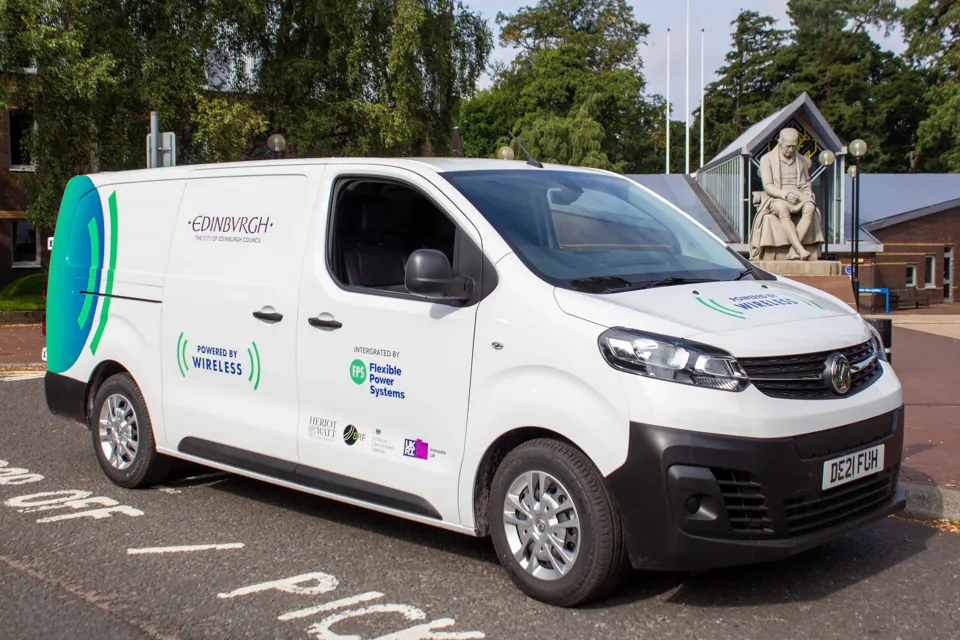

















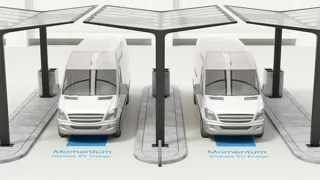

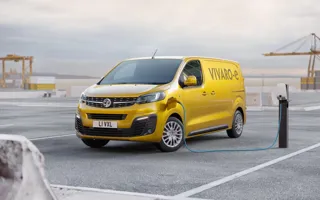
Login to comment
Comments
No comments have been made yet.